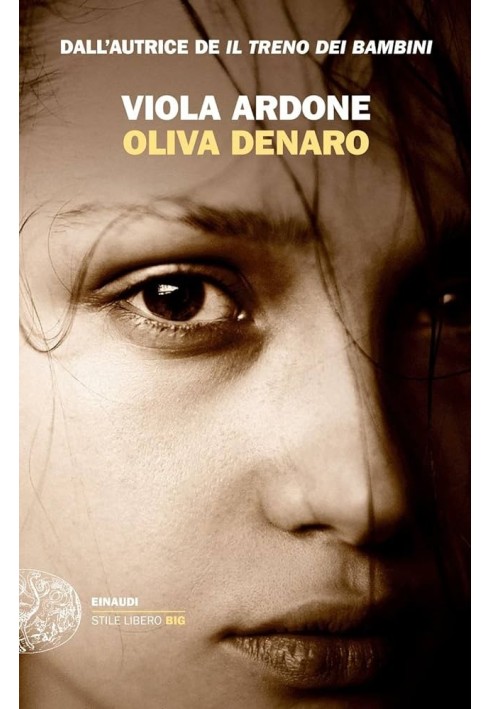Oliva Denaro
 Instant download
Instant download
after payment (24/7)
 Wide range of formats
Wide range of formats
(for all gadgets)
 Full book
Full book
(including for Apple and Android)
It's 1960. Oliva Denaro is fifteen. She lives in a tiny town in Sicily and from early childhood, thanks to her mother’s obsessive reminders, she knows that “A woman is a jug: whoever breaks it will buy it.” But for now, she likes to study, memorize complex words, rush around, secretly copy photos of movie stars into a notebook (even if she can’t go to the films themselves, because “they’re a breeze”), wander with her father in search of snails and shoot bullets from a slingshot at those who pester her friend Saro. But she doesn’t like the thought of the upcoming “visit of the Marquis” at all, because from now on she will have to forget about her favorite activities and only defend herself from male harassment in order to save herself until marriage. When the unspoken system of oppression of women in which she has to exist tries to force Oliva comes to terms with violence, she rebels against injustice and lack of choice, paying a huge price for the right to say no. Viola Ardone, who perfectly knows how to turn a story into a plot, talks about the paradoxes of love between fathers and daughters, between mothers and daughters, and the ambiguity of someone else's desire, which is both flattering and frightening, especially if it is imposed by force. Ardone's work explores the cruelty and rigidity of social roles that affect everyone, including men. If Oliva Denaro is a heroine who cannot be forgotten, then her silent father, who allows the girl, despite all the confusion and embarrassment, to decide her fate herself, is one of the most touching male figures in modern Italian literature. “I don’t know if I like weddings. That’s why I run around the street as much as I can. Men - they puff like steam locomotives, only with hands that can touch me.” After the incredible success of “The Children's Train,” Viola Ardone returns with a powerful coming-of-age novel about a girl who wants to be free in an era when even just being born a woman is a death sentence. Feelings of guilt and the desire for freedom in a work of piercing beauty. A charming heroine who is impossible not to fall in love with. The relationship between father and daughter is described with tenderness and touching depth.
Data sheet
- Name of the Author
- Виола Ардоне
- Language
- Russian
- Translator
- Андрей Сергеевич Манухин












